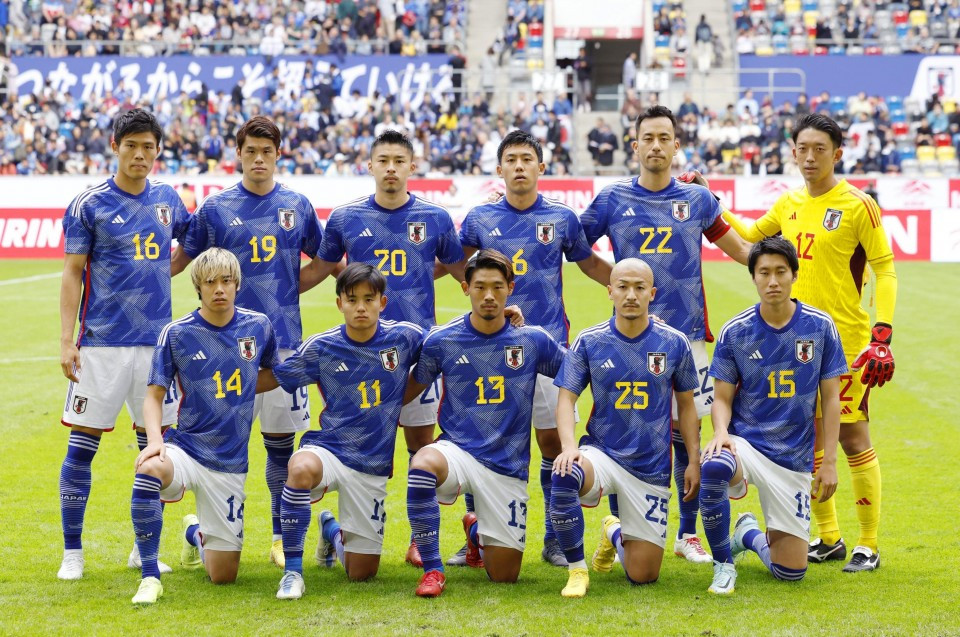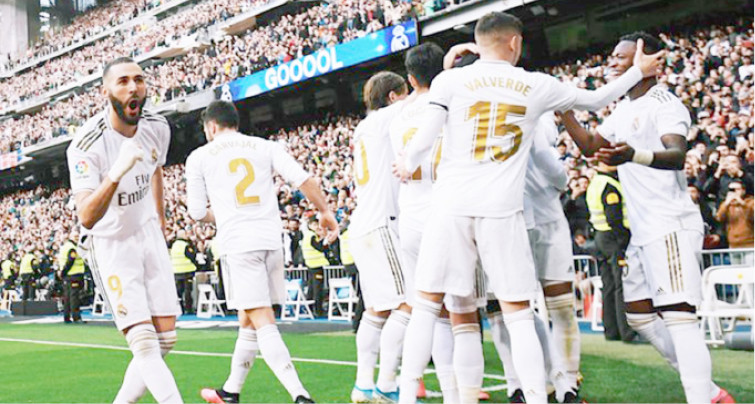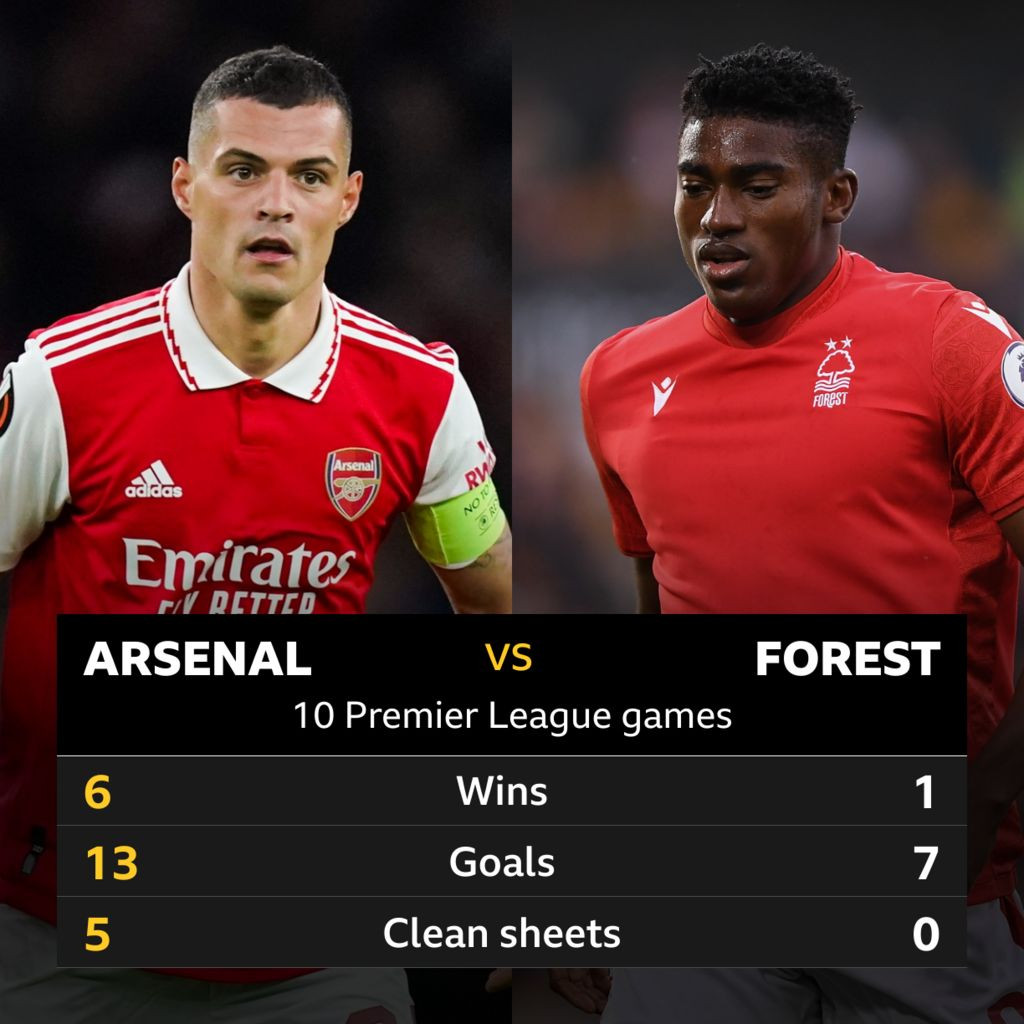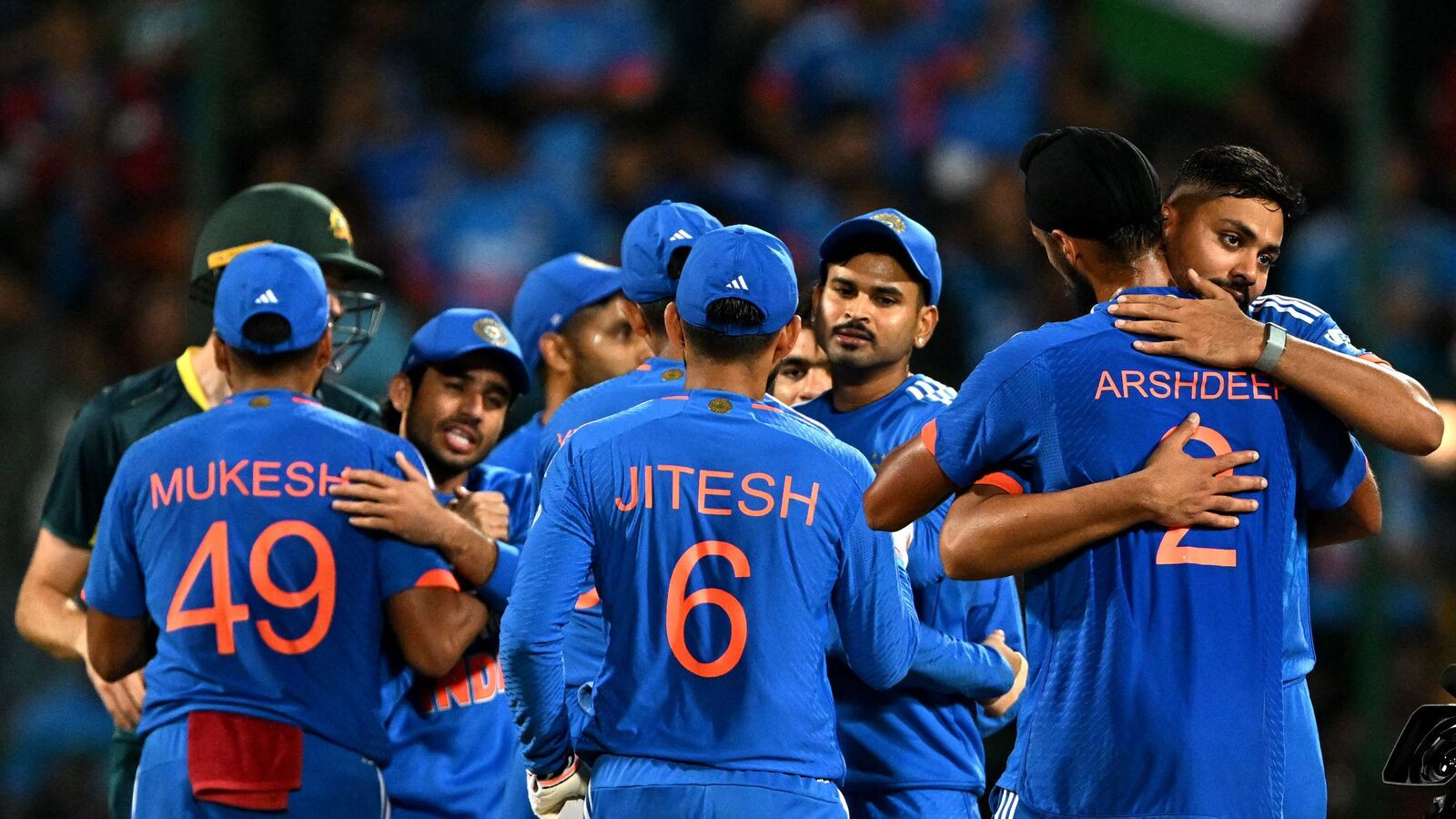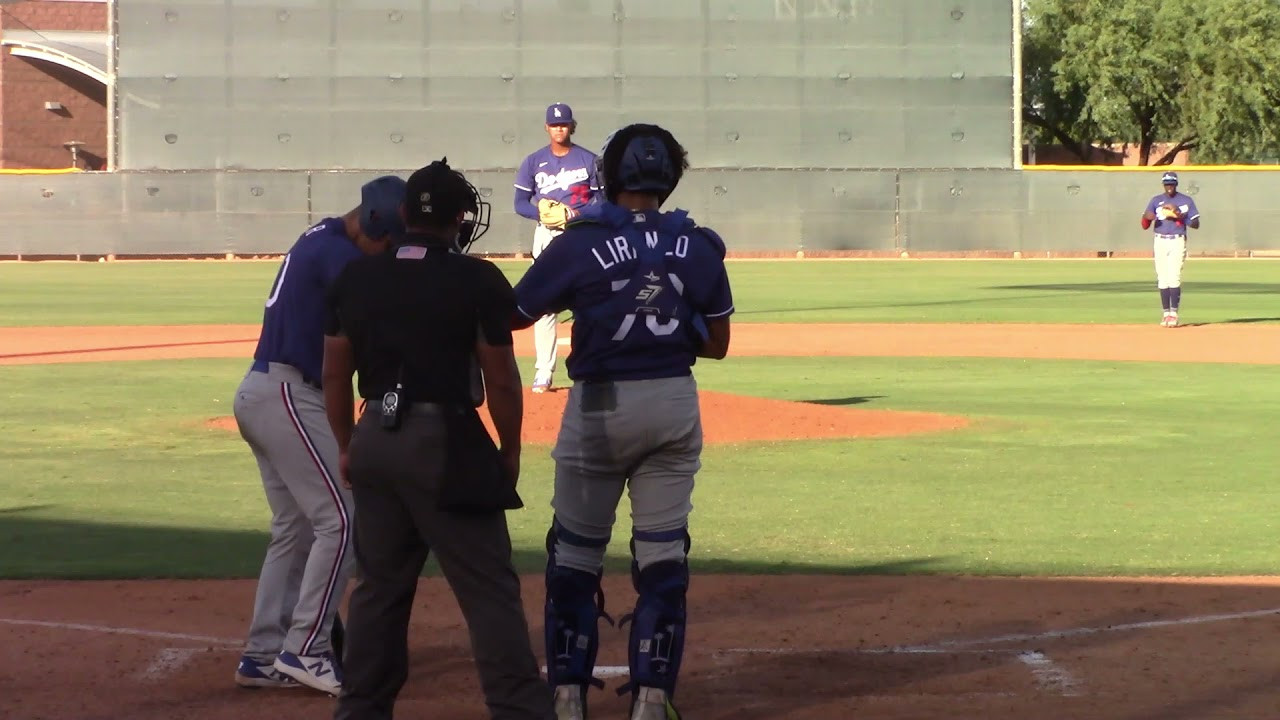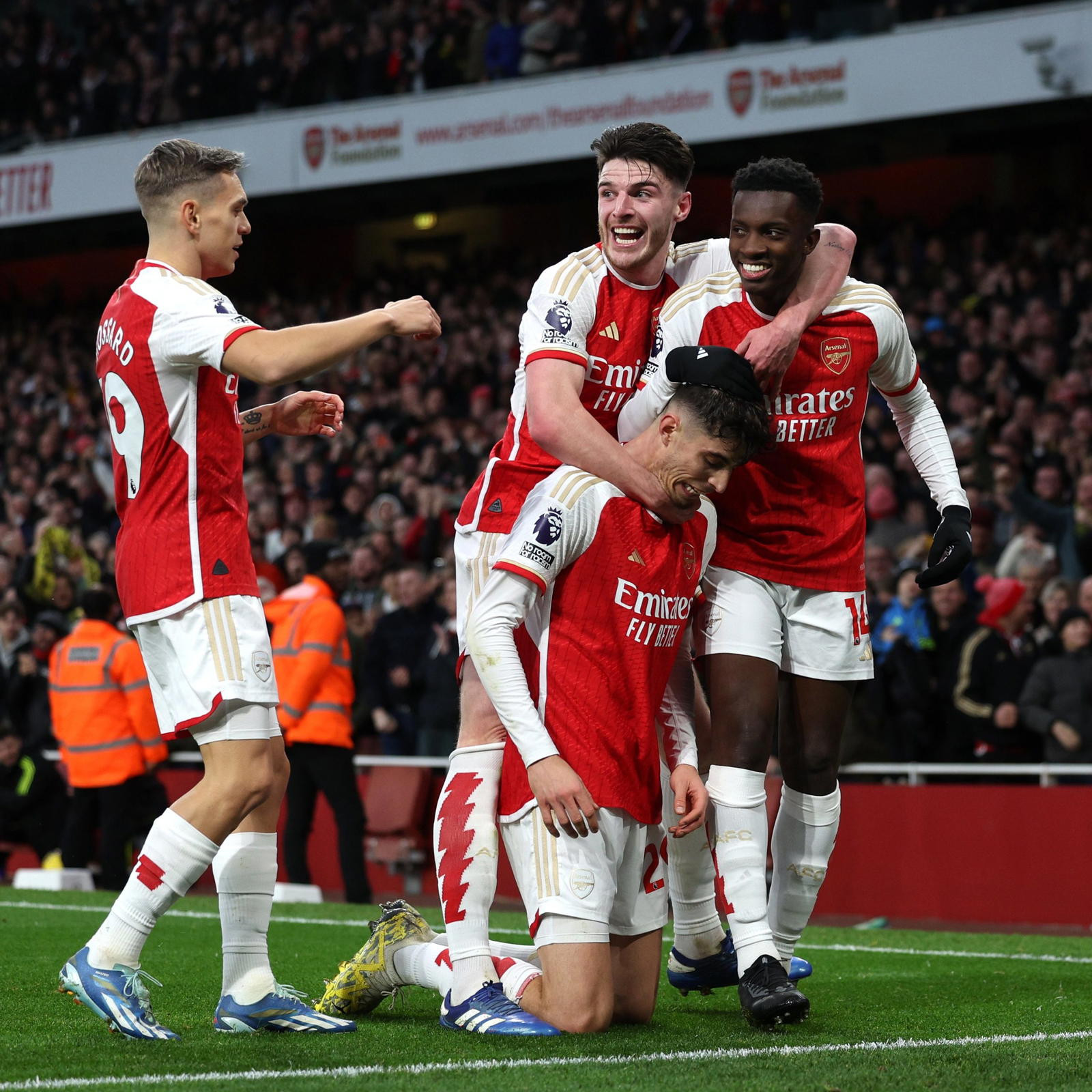Plenty of countries have their miracle champions. In England, it’s Leicester City in 2015-16. Italy has the Hellas Verona side of 1984-85. In France, it’s Montpellier winning Ligue 1 in 2011-12. And how about Boavista becoming just the second club ever, and first since the 1940s, to break the Benfica-Sporting Lisbon-Porto triopoly in Portugal in 2000-01?
Japan’s might be happening right now.
Top of the J1 League by two points with 10 games to go are Machida Zelvia. Unless you’re a student of the Japanese game, you probably won’t be familiar with them. Actually, even if you are a student of the Japanese game, they won’t be the most prominent club in your thoughts.
Not only are Machida in first place, but this is their first-ever season in the top tier after winning the second-division title last year. Not only that but they were a non-League side as recently as 2009 and in the third division in 2015. And not only are they all of those things, but they’re leading the J1 League with a manager who, two years ago, was coaching a high-school team and had never worked in professional football.
So from that perspective, Leicester, Verona, Montpellier and Boavista all look like Manchester City compared to these guys.
“Leicester is a popular comparison,” says Mitch Duke, Machida’s Australian forward. “But I think like we’re unique in the fairytale that’s developing so far. It’s the first time we’ve been in the J1 League in the history of the club and we’re right at the top with all the well-established teams that have been there for 30 years now. It’s quite special, you know?”
It certainly is. This isn’t a title challenge that has come about due to lavish spending or leaning on a relationship with a big foreign club.
Machida have spent money, but smartly. Duke, something of a J1 League veteran having played in it for a couple of seasons with Shimizu S-Pulse in the previous decade, was recruited after a successful 2022 World Cup when he scored Australia’s winning goal in their group game against Tunisia.
Seasoned campaigners such as Japan international defender Gen Shoji and obligatory Brazilian (most Japanese teams have at least one) Erik also came in, complementing younger players including 10-goal top scorer Shota Fujio and South Korean forward Oh Se-hun.
Machida began the February to December season pretty well, but the assumption was that this was just a hot start by a promoted side and they would fall away eventually, overtaken by teams such as title-holders Vissel Kobe, eight-time champions Kashima Antlers, or City Football Group’s Yokohama F. Marinos.
But it was around the third month of the season that they began to think they weren’t just enjoying a good start; that something slightly more special could be on the cards.
“We re-established our goals and ambitions,” says Duke. “We were top of the table and we actually went out and said, ‘You know, this is not just about surviving the league and staying up in the in the top half of the table — we’re talking about winning it now’. We’ve been riding that wave since round seven or eight, I reckon.”
There was a dip recently when Machida lost a couple and drew with Cerezo Osaka. They also had to deal with the departure of arguably their best player in the first half of the season, winger Yu Hirakawa, who moved to Bristol City of England’s second-tier Championship in July. But the last few games have been more in keeping with what came before, particularly the 4-0 win against Jubilo Iwata on August 17.
This was partly a result of a semi-reset that came about in a team meeting a couple of weeks ago, as Duke explains.
“It was like, ‘We need to stop thinking about the championship again and reset and get back to what got us to this position’,” he says. “I guess we just needed to focus on our goals and not get distracted about seeing the championship at the finish line.”
The pressure has increased but, as Kosovan defender Ibrahim Dresevic explains, they’ve actually managed to harness that and use it positively.
“With success comes expectation and, naturally, there’s more pressure now than at the start of the season,” Dresevic tells The Athletic. “The growing expectation has actually brought the team closer and we’re all pushing each other to maintain our high standards. Pressure is part of football and as a professional, it’s something you learn to handle and use as motivation.”
The Unconventional Coach
The star of the show — and certainly the most unusual aspect of this very unusual team — is head coach Go Kuroda.
Before he was hired by Machida, Kuroda, who had no background as a professional player, had spent 28 years as the football coach of Aomori Yamada High School. While this appointment was unprecedented for a club at Machida’s level, it’s not quite as absurd as it might sound: in Japan, high-school football is roughly equivalent in terms of standard and popularity as college sports are in the United States.
With Aomori Yamada, Kuroda developed a reputation for a couple of things.
One was producing players that would go on to play professionally, with Japan internationals Gaku Shibasaki and Kuryu Matsuki, the latter is currently on Premier League side Southampton’s books, two prominent examples.
The other was gamesmanship: perhaps not quite the dark arts but perhaps the cloudy arts. Nothing especially serious; just the sort of slightly underhand tactics that bend the rules, both written and unwritten, and are deeply irritating if you’re on the receiving end of them.
Kuroda would, for example, stand inches away from opposition players as they took throw-ins. When given a chance of returning the ball to an opponent, he would roll it in the opposite direction. People even got annoyed at his habit of spitting onto the pitch from the sidelines.
His minor irritating antics became quite a topic of discussion. In 2021, he gave a superbly earnest interview to a website called Dot.Asahi, in which he solemnly discussed the grave accusations levelled against him and explained why they were all absolutely necessary.
A particular favourite part of that interview is where he blamed the “angle of the screen and the way it (the footage) is cut” for giving the impression that he was trying to put his opponents off. “He is definitely a unique character,” says Dresovic, with no little understatement.
A ‘Dirty’ Team?
This has transmitted to Machida, to the point where they have gained a reputation as a dirty team, even where actual cheating doesn’t exist.
A case in point: earlier in the season, Fujio sprinkled some water on the ball just before he took a penalty, which in isolation is a pretty harmless affectation. But because of Machida and Kuroda’s reputation, which gained traction on social media, in that recent win over Jubilo Iwata, the referee made Fujio take a penalty with a different, ‘dry’ ball he took from a ball boy.
Kuroda places significant emphasis on training sessions and individual performances in them, to the point where it almost feels like more of a factor in his selection decisions than what happens in actual games: if he’s dissatisfied with how a player acquits himself in training, he will be dropped, regardless of how they’ve been playing.
“He’s quite ruthless. Nobody’s position is safe,” says Duke, who has been the victim of this policy himself. “Even if you win a game but don’t perform in training, he’ll drop you. I’ve seen him make four changes to a squad based on how training was.”
There was a three-week break in the middle of the club season for the recent Olympics, at which time many of the teams in the J1 League gave their players a holiday. Not Machida: his boys had four days off and then were back on the training pitch, doing 90-, 100-, 110-minute sessions in the baking heat of a Japanese summer. “We basically did a mini boot camp,” says Duke. “It was like another pre-season.”
A Different Kind of Football
Kuroda’s old job may also inform one of the reasons Machida have surprised everyone.
Aomori Yamada is in Aomori, a city at the northernmost tip of Japan’s main island, a place where it frequently snows and is not exactly a place conducive to producing attractive, silky football.
He has taken that into the professional game with Machida, from Tokyo’s western suburbs, and is one of the reasons that both Dresovic and Duke cite for their success.
The stereotypical Japanese style of play is technical, possession-based, and not especially physical. Kuroda and Machida have flipped that on its head, typically playing in a pretty direct, energetic fashion which has thrown many of their opponents off.
“Absolutely, our style of play has been a big factor in our success,” says Dresovic. “We play a dynamic and aggressive brand of football that can be difficult for opponents to handle. We focus on quick transitions, pressing high up the pitch, and maintaining a strong defensive shape, which has caught many teams off-guard. The way we play requires a lot of energy and discipline, but it also allows us to control games and create more opportunities.”
“We don’t overplay,” adds Duke, “so we’re not conceding any goals from making mistakes at the back. We’re winning balls in the front third and scoring off those opportunities against the teams that do overplay.”
The style is not necessarily a philosophical choice. More of a practical one borne out of Machida’s primary aim at the start of the season: avoiding relegation.
Kuroda has said that, in an ideal world, he would probably prefer to play a more possession-based game, but this brand of football is working just fine for him at the moment.
The Miracle Story
Unusually, for a story like this, it’s not getting quite as much attention as you might think in Japan. Baseball is the country’s most popular sport and while the national team are big news, domestic football doesn’t make as much impact. Generally, Japanese stars who play abroad in both sports get the bulk of the coverage: you’re more likely to know if Shohei Ohtani hits a home run for the Los Angeles Dodgers than you are if Machida win another game.
That will change if they do pull this off, though. After 28 of their 38 matches, they are holding their challengers at bay, three months away from a miracle.
“It would be an incredible achievement,” says Dresovic. “It would be a career highlight and something I would cherish for the rest of my life.”
“I’ve been lucky enough to be able to say I’ve made history with the Australian national team at the World Cup,” says Duke, “But if we can go on and do this… it will definitely be the best fairytale story of my career.”




